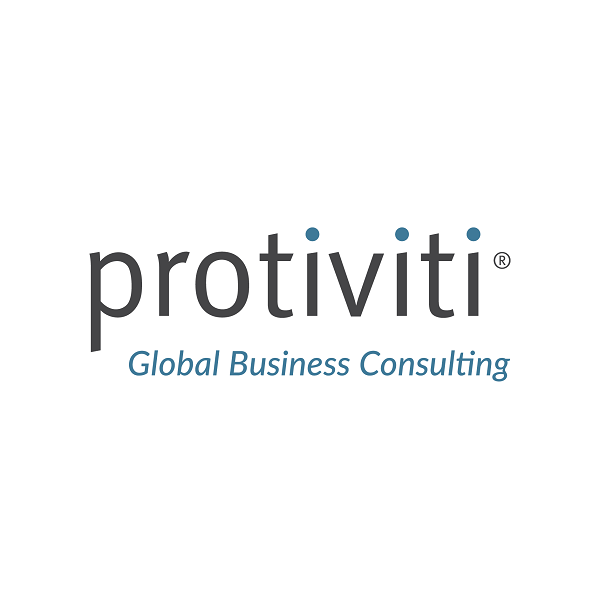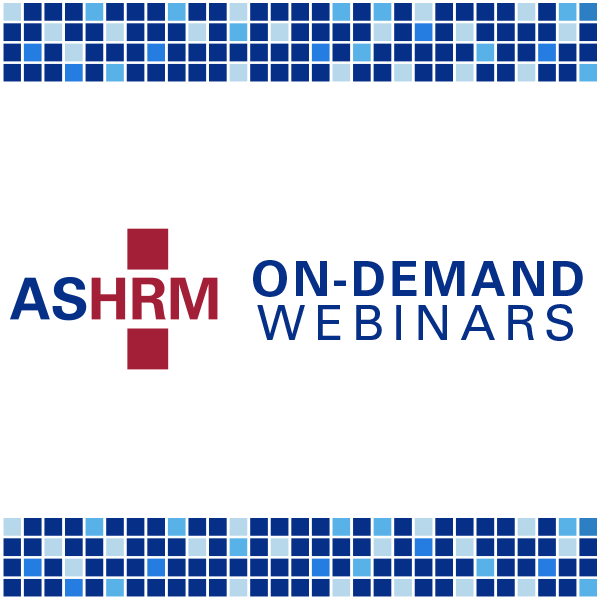Maintaining Clinical Compliance Through Emergency Management
CE Credit: 1.0
Domain: Clinical Patient Safety
Level: Practitioner
In this webinar, we identify the key elements of an emergency management program for clinical services and clinical processes for maintaining services in an emergency.
The importance of having clinical business continuity plans is imperative. The Center for Medicaid and Medicare (CMS) and The Joint Commission (TJC) require that hospitals have an integrated emergency management plan, policies and recovery plans to address an HCO ‘s preparedness, capability, and health care system recovery. This webinar discusses clinical business continuity, business impact analysis, hazard vulnerability analysis, and succession planning.
Objectives:
- • Identify the key elements of an emergency management program for clinical services.
- • Identify three clinical processes for maintaining services in an emergency.
- • Discuss the importance of having clinical business continuity plans.
Speakers: Kim Pardini-Kiely & Radgia Cook
| Product Code | 322029OD21 |
| ASHRM CE Credits | 1.0 |
| CNE Credits | 0 |
| Domain | Clinical Patient Safety |
| Level - Foundational (F), Practitioner (P), Advanced (A) | P |
| Publication Date | 12/7/21 |
| Next Review | 7/1/26 |
| Credit Expires | 7/1/27 |
For questions regarding this webinar, contact ASHRMEd@aha.org
Speaker Bios
Kim Pardini-Kiely is Protiviti’s Clinical and Operational Excellence lead and the Pacific Northwest Healthcare Practice lead. Kim has a track record of aligning services to achieve strategic goals. Focusing on results, she has implemented management systems that improve organizational performance by creating strategic roadmaps, setting concrete goals, putting efficient processes in place, and monitoring performance to sustain results. She has extensive experience creating value in academic medical centers, health systems, pharmacy and provider networks, post-acute care, home health, payers, behavioral health, and community health. Kim develops transformational organizational strategies that are relevant, contemporary, innovative, and tailored to improve cost, quality and service. As a leader in health care, she has been asked to speak both nationally and internationally. Areas of Expertise: Accreditation/Regulatory Medical Staff Practice and Services Continuum of Care Design Thinking Health Care Operations Patient Safety Quality & Risk Management Health Information Management & Clinical Documentation Value Based Care Performance Improvement Clinical Analytics Industry Expertise: Hospitals & Health Systems Provider Groups Payers Education: Master of Science, UCSF Bachelor of Science, Nursing Professional Memberships and Certifications: Registered Nurse - CA Lean & Six Sigma Certified Human Centered Design Thinking
Radgia Cook is Associate Director and Protiviti’s Global Quality and Safety Leader, with over 20 years of experience spanning both information technology and health care as an operations management leader and adviser. Cook excels at identifying and analyzing current industry trends, leading excellence and process engineering initiatives, instilling operational and organizational excellence, and directing regulatory compliance and advisory engagements across the health care landscape. She has developed compliance software applications, implemented IT strategies, and built cross-functional teams. Her areas of expertise include program and operations management, advisory and strategic services for TJC and CMS regulatory accreditation, emergency management, business continuity, medical device management and integrations and implementations. Cook is considered an accreditation and regulatory compliance expert.



